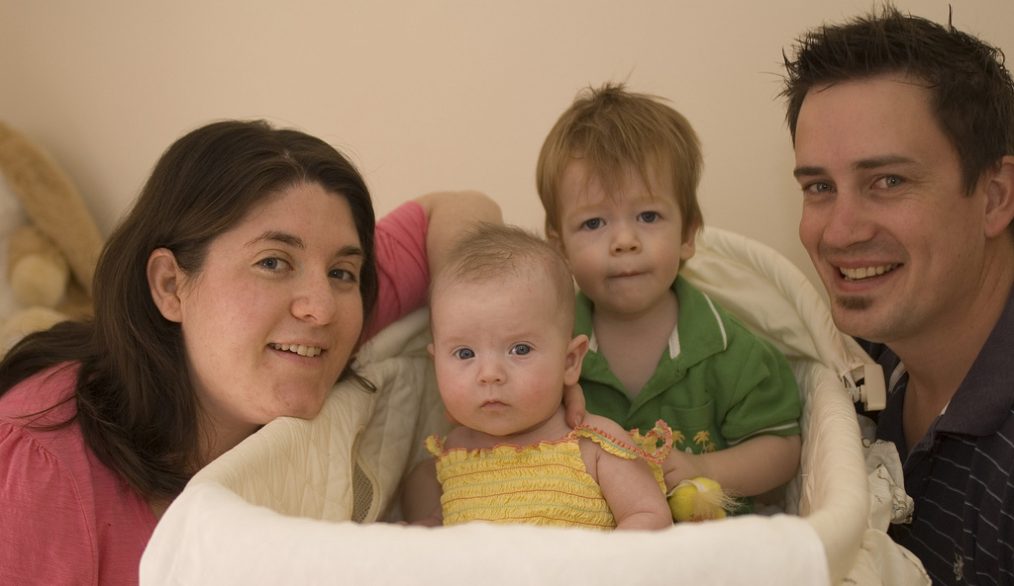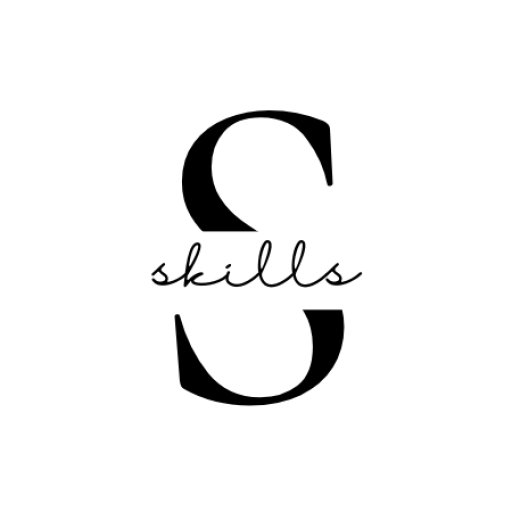
Developmental Milestones of 6-12 Month Olds
Your baby is learning to navigate himself vertically now. He shows early signs of walking and talking. He can also understand simple instructions.
Since he has better pincer control he can also feed himself more neatly and play his toys without dropping them.
Help develop their hand control by asking them to give you objects in their hand and give it back to them, also give them toys that help them understand how they can affect objects such as instruments, bells, horns, balls.
What 6-12 Month Olds Can Do
Your baby is now more physically independent and will be able to fetch things for himself, with no heed to danger. It is important that you baby-proof the house especially if he is free to roam about and access items within his grasp.
- Masters the pincer hold and therefore can have complete control over objects that are grasped.
- Also has the ability to communicate in simple words and call out to parents such as mama or dada.
- Can have better control over mobility so you can move the toys a little out of reach for them to encourage movement
Likes & Dislikes of 6-12 Month Olds
Your baby likes hearing his name and this is a way to reinforce their sense of self by naming their toys, and other objects. They also enjoy being with you and being read to. Try looking for books with colourful illustrations, and special interactive features like dials, buttons or animal sounds.
- Likes cuddling and listening to stories
- Enjoys playing with toys and starts to examine parts of them
- Enjoys time with parents especially listening to stories, music and rhymes
- Enjoys the sensation of ‘falling’ when being lifted
- Enjoys toys that make noise
Speech & Language Development of 6-12 Month Olds
This is a stage when your child will learn to say his first word deliberately. Observe too if your child uses the same syllables to assign to a specific person or object, and explain what it is to stimulate their language process. For example, if your baby repeatedly says “bababa”, say: “Yes, that is your ball.”
- Can say basic words to commonly encountered words such as members of the family, toys, names of frequented places et
- Can make animal noises
- Can start to mimic noises or words you make
- Musically inclined, enjoys instruments as well as stimulation such as sounds of a ringing bell or animal sounds
- Chatters
Cognitive Development of 6-12 Month Year Olds
Your child’s learning is propelled by his curiosity about the environment. His attention is also more focused and systematic. Try encouraging the skills acquired in a specific situation to different scenarios to develop their thinking strategy. For example, fitting shapes into a hole can be replicated by giving her big puzzles with slots of shapes to fill in. Observe that they can also exhibit the following:
- Can recognize objects by pointing to them in a book
- Can concentrate on an activity for a few minutes
- Can experiment with sounds, and function of objects
- Plays with more toys simultaneously
- Enjoys simple stories, rhymes and songs
- Can associate certain sounds with meanings such as “beep beep” for car
- Learns opposites
- Can understand where things are “where is mr.wiggles?”
Physical Development of 6-12 Month Olds
Provide an opportunity for him to explore his motor control by giving him coloring materials and paper. You can also provide blocks to help him build a miniature tower, a feat which will develop his motor skills.
- Develops the pincer grip
- Can control opening and closing the hand
- Developed grip of objects
- Can pile objects
- Can clap, point, pull, push, bounce to the beat of music
- Can start to explore your face by holding on to it; this is also their way of socializing and saying hello
- Can wave goodby
- Stands, crawls, sits, opens containers, removes objects and puts them back in
Social & Emotional Development of 6-12 Month Olds
Your child might exhibit a more prominent emotional reaction to people or situations and might start to become more clingy to you. Develop a routine when trying to endorse your child to another care giver to ease transition.
- He is learning to control himself especially when frustrated or when a desire is blocked by screaming or yelling.
- Starts to show affection by cuddling or hugging.
- Loves playing interactive games with you such as simple hide and seek
- Can start to play with older children but engages in parallel play with other babies
- Learns to wave and say good bye
- Likes to learn with you by pointing out things and naming them with you.
